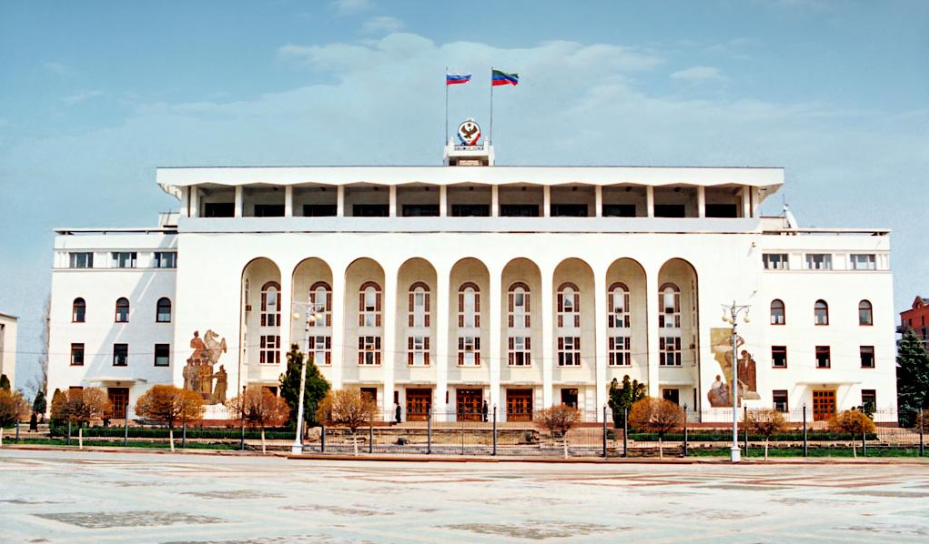Moscow's Divide and Rule Policy in Dagestan Results in Much Divide but Little Rule
By Valeriy Dzutsev (10/29/2014 issue of the CACI Analyst)
Moscow’s new envoy to the North Caucasus, Sergei Melikov, is flexing his administrative muscles and challenging Dagestan’s Head, Ramazan Abdulatipov. Abdulatipov’s opponents at the republican level also seem determined to seek the resignation of the republican governor. The counterterrorist operation regime has become endemic in some areas of Dagestan and the government’s promises to crack down on the hotbeds of insurgency have produced few results. The sense of a systemic crisis of governance is increasing in the republic as the current governor is running out of time to implement long-promised reforms.

Azerbaijanis Volunteer in Syria Conflict
By Emil Souleimanov (the 05/02/2014 issue of the CACI Analyst)
Recently, frequent media reports of Azerbaijani citizens involved in the Syrian civil war have sparked a renewed interest in the possible impact of Arab revolutions on this post-Soviet country. Even though Azerbaijani authorities have sought to remain silent on the matter, news from both the South Caucasus and the Middle East suggest that Azerbaijani volunteers have increasingly been participating in the civil war hundreds of miles away from their homeland. Upon their return in Azerbaijan, they might pose a serious threat to the internal stability of the nation of nine million, located at the crossroads of Turkey, Iran, and Russia.

“CACI Analyst, December 11, 2013”
Dagestan's New Administrative Division Reflects Governance Crisis
By Valeriy Dzutsev (the 11/12/2013 issue of the CACI Analyst)
In a surprise move, Dagestan’s President Ramazan Abdulatipov has decreed to divide the republic into four sub-regions, each of which will have a plenipotentiary representative of the republican president. While Abdulatipov reassures the public that the move will strengthen Dagestan's unity, there is also a risk that it may worsen the conflict in the republic and increase demands for its actual division. The government’s decision to substitute substantive reforms in Dagestan with an administrative reshuffle is unlikely to resolve the conflict-prone republic's pressing problems.

Moscow's Appointment of Governors in the North Caucasus
By Valeriy Dzutsev (the 13/11/2013 issue of the CACI Analyst)
One by one, the North Caucasian republics are declining direct elections of governors, instead sticking to the appointment procedure by the President of Russia. Moscow appears to be orchestrating the process to ensure that completely loyal governors are in place in the restive region. Their loyalty, however, comes at the price of greater volatility and lower predictability in the region. Moscow’s policies in the North Caucasus illuminate the crisis of the highly centralized system of governance in Russia. Ironically, regions of Russia that are most adversely affected by the lack of a participatory political system are further deprived of popular voting mechanisms.




